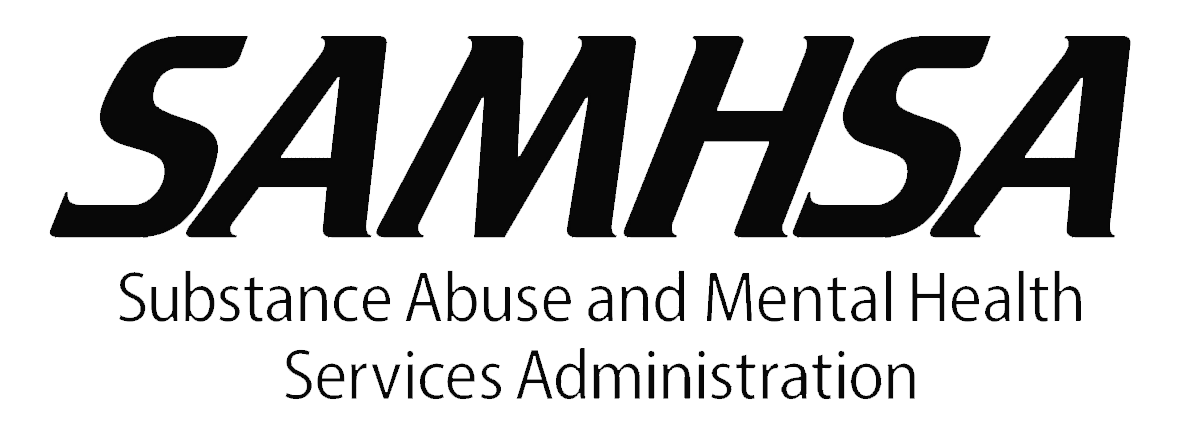Understanding Depression in High School

High school is often romanticized as a time of self-discovery, adventure, and friendships that last a lifetime. However, beneath the surface of this idyllic portrayal lies a harsh reality for many teenagers: the struggle with depression. The pressures of academic performance, social expectations, and the tumultuous journey of self-identity can weigh heavily on young shoulders, leading to profound feelings of sadness, worthlessness, and hopelessness.
The Academic Avalanche:
From the moment students step foot into high school, they are bombarded with the expectation to excel academically. The pressure to maintain high grades, participate in extracurricular activities, and prepare for college can feel like an insurmountable mountain. For some, the fear of failure becomes paralyzing, leading to a cycle of self-doubt and anxiety that exacerbates depressive symptoms.
The Social Struggle:
High school is also a battleground for social acceptance and peer validation. Adolescents are navigating complex social hierarchies, trying to fit in while grappling with issues of identity and belonging. The fear of rejection, bullying, and social isolation can amplify feelings of loneliness and despair, especially in an era where social media magnifies the comparison game and exacerbates feelings of inadequacy.
The Mask of Perfection:
In an age of Instagram filters and carefully curated personas, the pressure to appear flawless can be suffocating. Many teenagers feel compelled to hide their struggles behind a facade of happiness and success, fearing judgment or stigma if they were to reveal their true emotions. This constant need to maintain appearances only deepens the sense of alienation and disconnect from others.
Seeking Help in Silence:
One of the most challenging aspects of depression in high school is the reluctance to seek help. Stigma surrounding mental illness, fear of judgment, and lack of awareness about available resources often prevent teenagers from reaching out for support. Instead, they suffer in silence, believing that their struggles are insignificant or that they should be able to cope on their own.
Breaking the Silence:
It's crucial to break the silence surrounding depression in high school and create an environment where teenagers feel safe to express their emotions without fear of judgment. Schools can play a pivotal role in promoting mental health awareness, providing access to counseling services, and fostering a culture of empathy and support among students.
Coping Strategies:
While navigating the challenges of high school can feel overwhelming, there are coping strategies that can help alleviate the burden of depression:
- Reach Out: Whether it's a trusted friend, family member, or mental health professional, don't hesitate to reach out for support. You're not alone in this journey, and there are people who care about your well-being.
- Self-Care: Prioritize self-care activities that nourish your mind, body, and soul. Whether it's practicing mindfulness, engaging in physical exercise, or pursuing hobbies you enjoy, carving out time for self-care can provide much-needed relief from stress.
- Set Realistic Goals: Instead of striving for perfection, focus on setting realistic goals that align with your values and aspirations. Celebrate your achievements, no matter how small, and remember that progress is more important than perfection.
- Limit Social Media: Take breaks from social media platforms that contribute to feelings of inadequacy or comparison. Remember that people often only showcase the highlight reel of their lives, and comparing yourself to unrealistic standards is detrimental to your mental health.
- Seek Professional Help: If you're struggling to cope with depression, don't hesitate to seek professional help from a therapist or counselor. They can provide you with the tools and support you need to overcome your challenges and regain a sense of well-being.
Closing Thoughts:
Depression in high school is a complex and multifaceted issue that requires compassion, understanding, and proactive intervention. By raising awareness, promoting open dialogue, and providing support services, we can create a more nurturing and inclusive environment for teenagers to thrive emotionally, academically, and socially. Remember, you are not defined by your struggles, and there is always hope for a brighter tomorrow.













